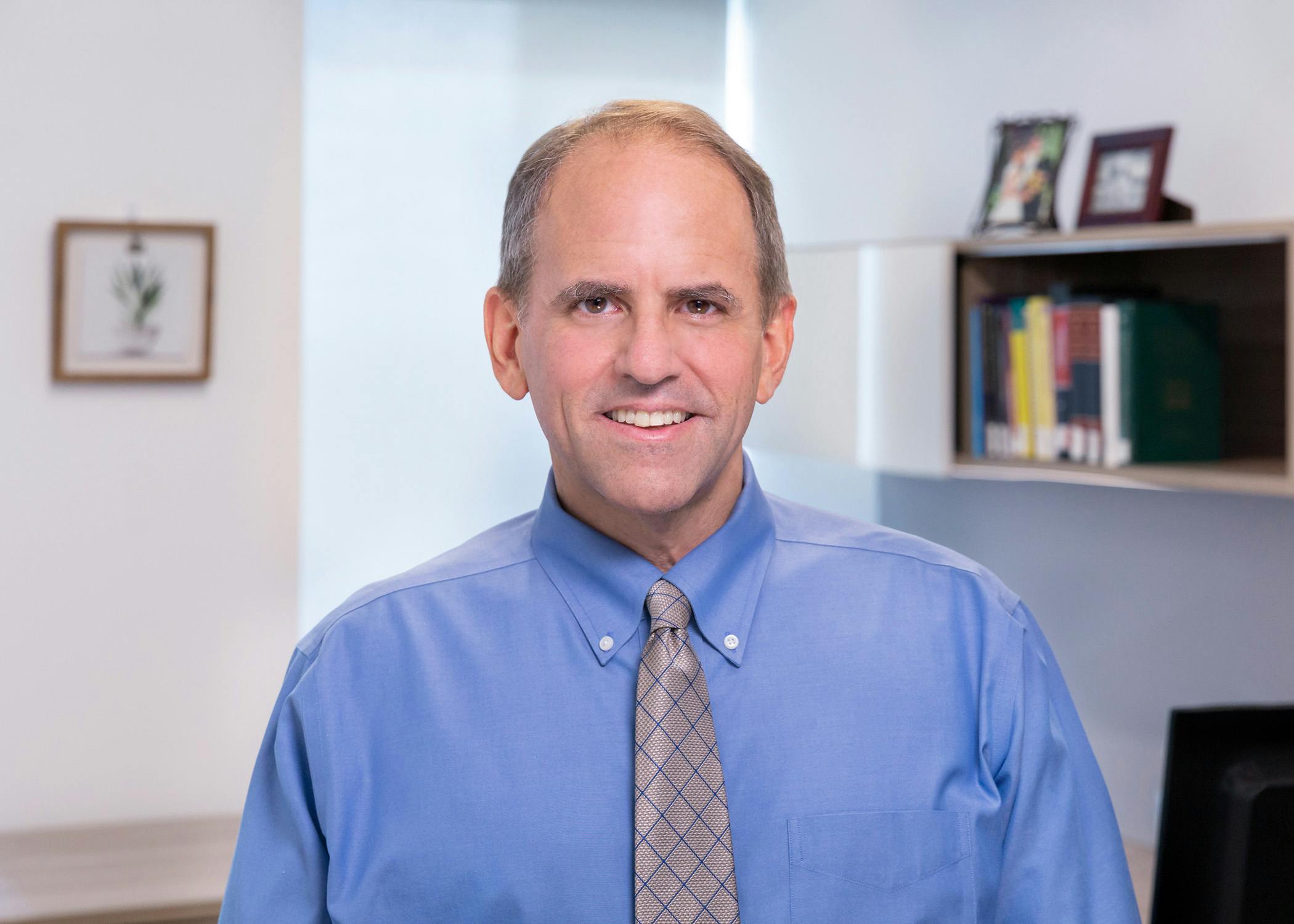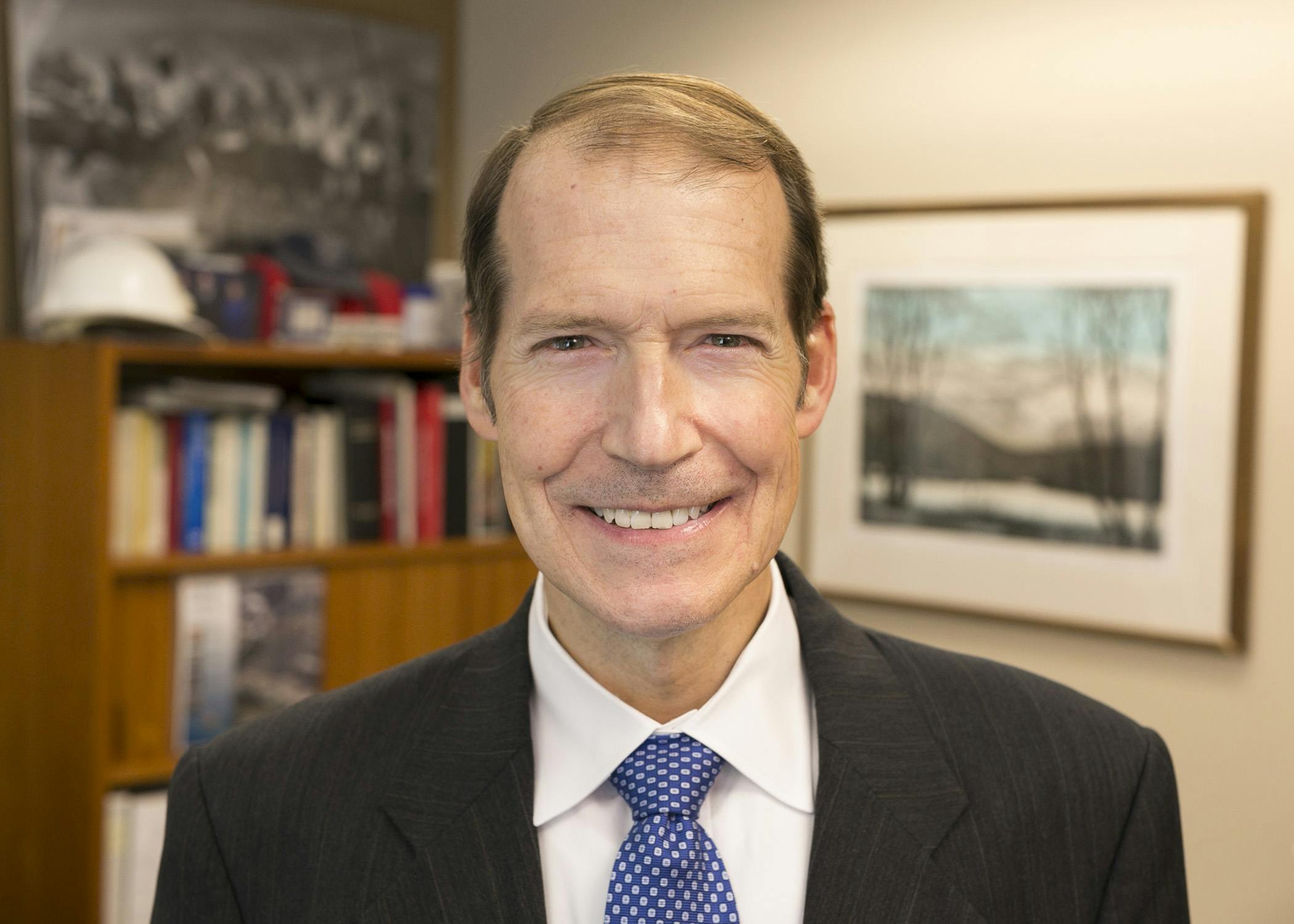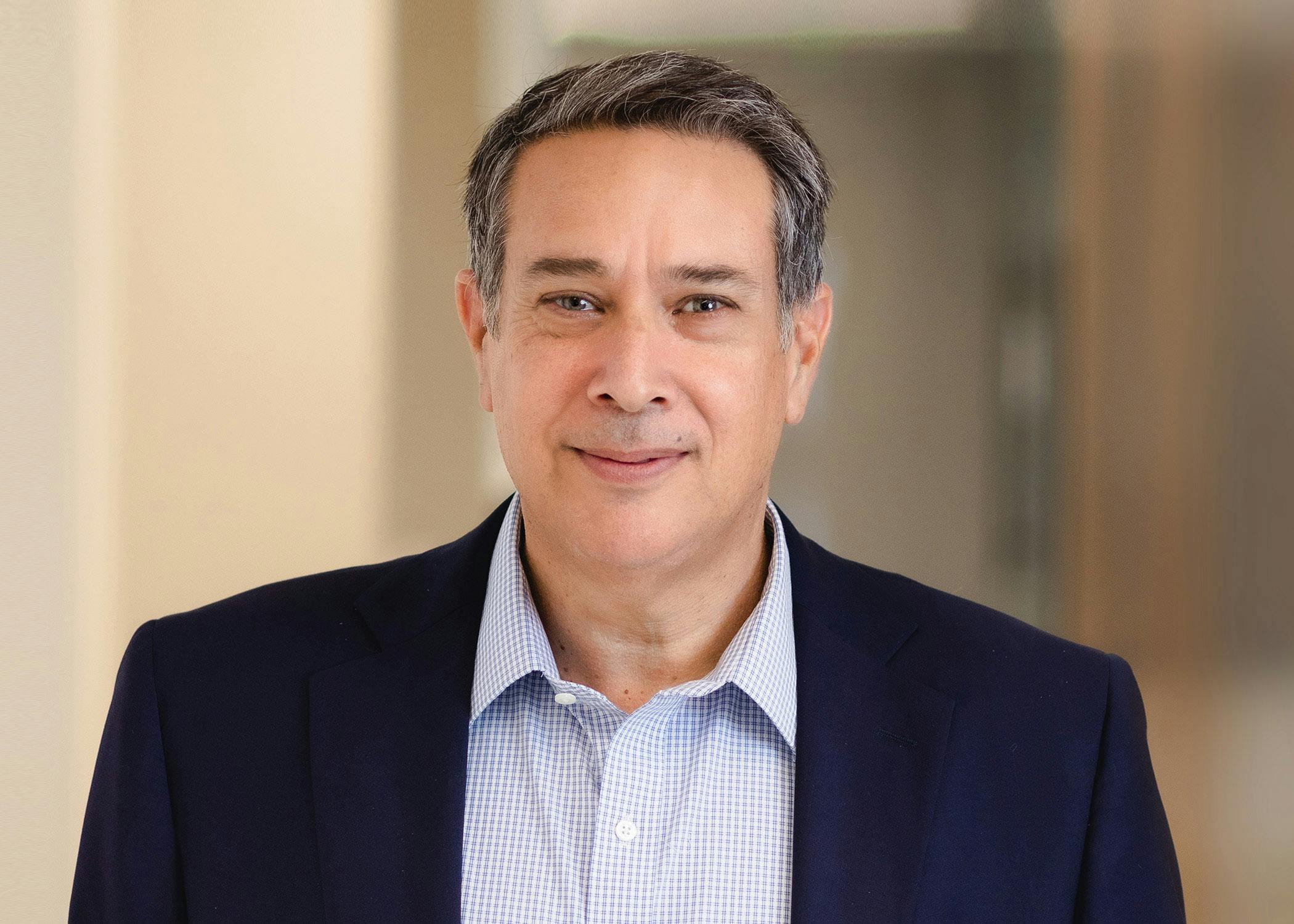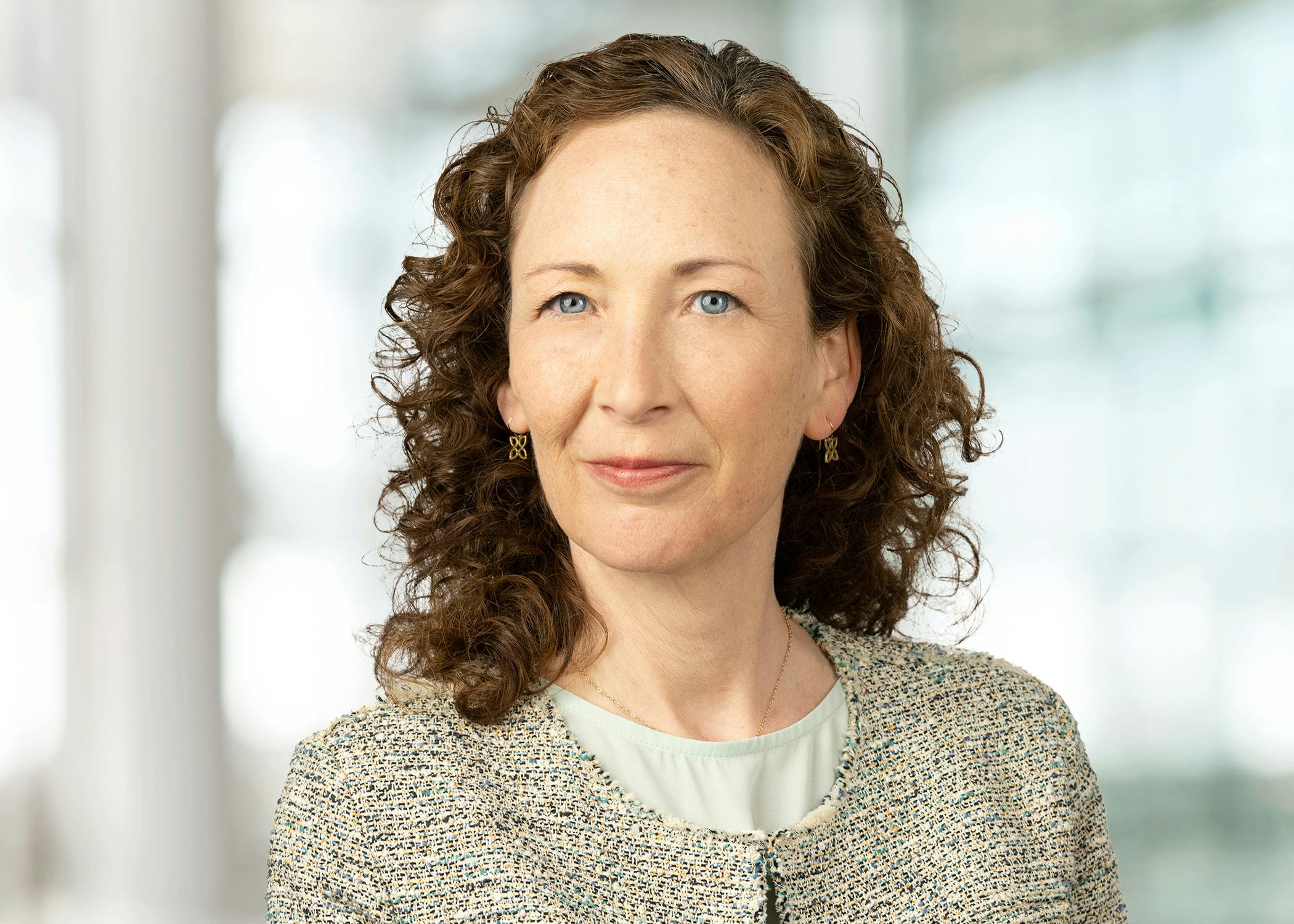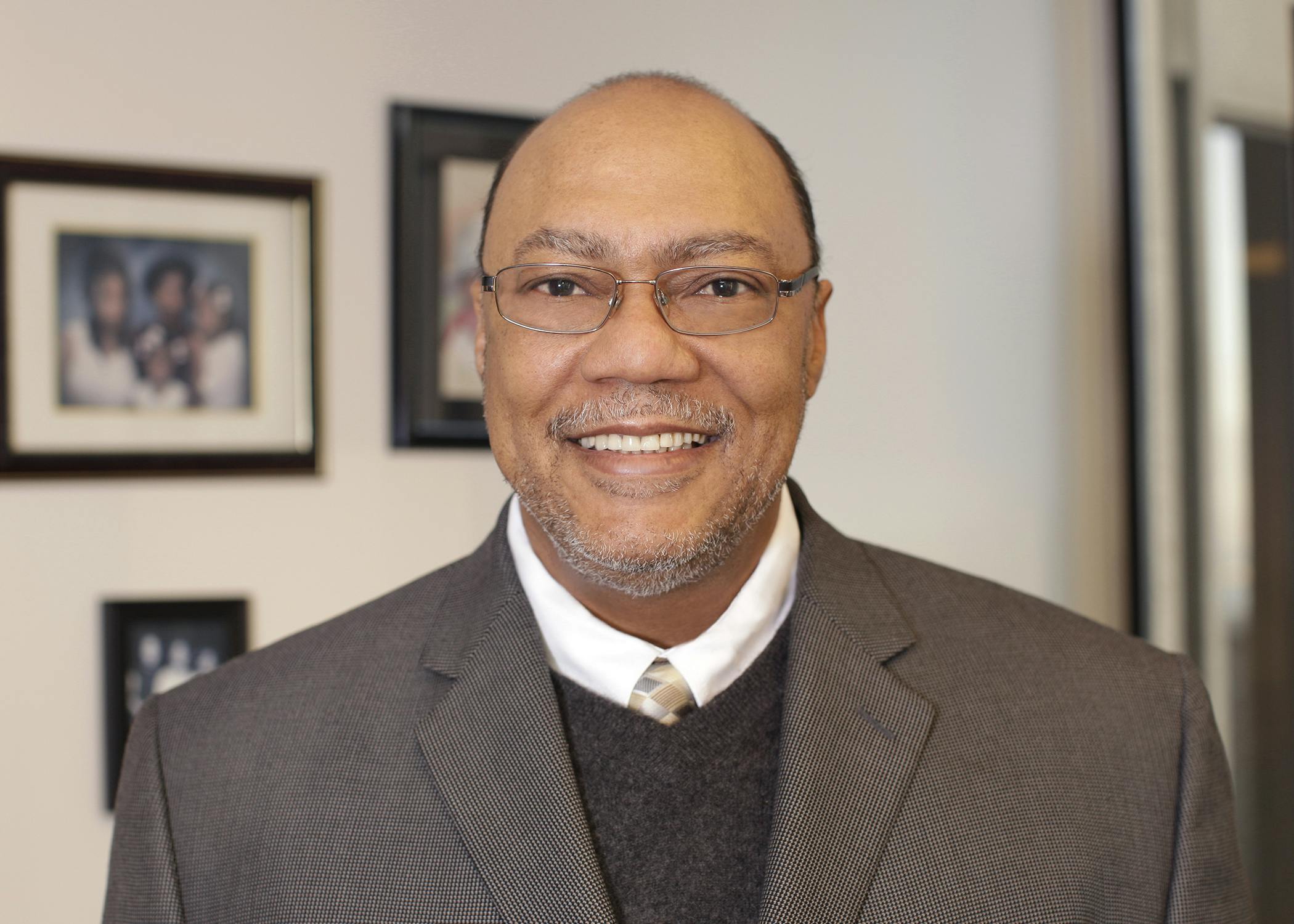Higher Education
/Overview
Declining enrollment, regulatory burdens, waning public investment, aging campuses, and the shift toward hybrid instruction have challenged higher education administrators for the past decade. Academic institutions need to address these issues while nurturing their vital role as educators, researchers, and regional economic engines. Nixon Peabody supports these objectives by providing essential services to the higher education community.
Private and public colleges and universities, academic research institutions, and medical schools have sought our advice on matters ranging from IP protection to NCAA and Title IX compliance. We have advised on multi-campus expansion programs, environmental compliance plans, and the valuation of research portfolios.
Education leaders are under intense pressure to perform in this environment. Understanding your challenges allows us to be more than attorneys—we’re extensions of your team, partnering to ensure your institution’s short- and long-term success.
/Representative Experience
- The Regents of the University of California: Represent the university in a groundbreaking patent enforcement campaign to protect its rights in a revolutionary new generation of light bulb technology known as filament LED that was invented by a Nobel laureate-led team at UC Santa Barbara. The campaign includes litigation before the U.S. International Trade Commission, the U.S. District Courts for the Central District of California and Eastern District of New York, and the Patent Trial and Appeal Board at the U.S. Patent and Trademark Office.
- Title IX: Defended a university in multiple high profile Title IX matters concerning alleged sexual assaults on campus. We’ve also represented the university in other diverse litigation matters for more than 20 years, including copyright cases, faculty tenure issues, employment matters, and student discipline cases. We’ve tried several cases for the client and have argued before federal appellate courts on its behalf.
- UC Santa Barbara: Conducted several iterations of negotiations with one of the university’s biotech spinoffs. This work included restructuring UC Santa Barbara’s equity and license relationship with the company to address the complexities of the company’s sublicensing partnerships with numerous pharmaceutical companies.
- Assisted university counsel and board committees on the review and update of institutional by-laws and policies, reflecting developments in federal and state law, and assuring effective governance of the institution. Immediately after the adoption of Sarbanes-Oxley and now with the advent of the new Form 990, we have been deeply involved in creating viable strategies to allow for more effective governance.
- Advised a college on developing and managing a comprehensive immigration policy to attract and retain top international faculty, including identification of priority departments, H-1B best practices, and strategy to ensure eligibility for green cards on an expedited basis
- Worked with a private university to design and implement a self-assessment of compliance with the U.S. Environmental Protection Agency’s (EPA) environmental compliance enforcement initiative against colleges and universities
- Guided an institution through several mergers and affiliations, including the combination of a stand-alone law school into a public university, the merger of two schools of music, and the transfer of a stand-alone medical school to a university with facilities nationwide
- Represented a technical design and engineering college in connection with its acquisition and disposition of parcels of land and easement rights in connection with the expansion of its campus

